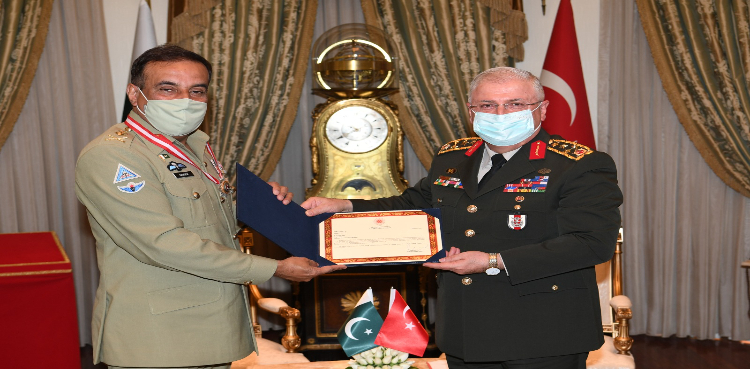New Delhi: Four men have been executed for the gang rape and brutal murder of a student in Delhi in 2012.
Akshay Thakur, Vinay Sharma, Pawan Gupta and Mukesh Singh were found guilty and sentenced to death by a trial court in 2013. These are the first executions in India since 2015. The sentence has been carried out in Delhi’s high-security Tihar prison.
All four had filed petitions in the Supreme Court in an attempt to reduce their sentences to life imprisonment. But the top court rejected the appeals and ratified the death sentence awarded by the trial court.
Out of the six men accused of the heinous crime, the oldest was 34-year-old school bus driver Ram Singh allegedly killed himself in prison shortly after the trial began. While the youngest, who was only 17 at the time of the attack and who cannot be named for legal reasons, was sentenced to three years in a juvenile correctional facility, and was released in 2015.
On the execution of convicts accused of the atrocious murder, victim’s mother said, “I hugged my daughter’s photograph and told her we finally got justice.”
“Faith in the judiciary had been restored,” said her father.
Expressing his views Prime Minister Narendra Modi tweeted, “Justice has prevailed. It is of utmost importance to ensure dignity and safety of women.
Our Nari Shakti has excelled in every field. Together, we have to build a nation where the focus is on women empowerment, where there is emphasis on equality and opportunity.”
In 2012, a 23-year-old female physiotherapy intern, was beaten, gang raped, and tortured in a private bus in which she was travelling with her male friend. There were six others in the bus, including the driver, all of whom raped the woman and beat her friend. Eleven days after the assault she was transferred to a hospital in Singapore for emergency treatment but succumbed to her injuries two days later.
The incident generated widespread national and international coverage and was widely condemned, both in India and abroad. Subsequently, public protests against the state and central governments for failing to provide adequate security for women took place in New Delhi, where thousands of protesters clashed with security forces.
Since Indian law prohibits the disclosure of rape victims’ names, the deceased was named Nirbhaya, meaning ‘fearless’ as her struggle and eventual death became a symbol of women’s resistance to rape around the world.
Rape is the fourth most common crime against women in India. The government on September 20, 2018 launched the National Database on Sexual Offenders (NDSO). The database contains entries of offenders convicted under charges of rape, gang rape, POCSO and eve teasing. The portal as of now contains 440,000 entries of cases that have been reported since 2008. It’s managed by the National Crime Records Bureau. The database is accessible only to the law enforcement agencies for investigation and monitoring purpose.
- HOME
- PAKISTAN
- INTERNATIONAL
- BUSINESS
- HEALTH
- ENTERTAINMENT
Trending Tags
- SPORTS
- BLOGS
Trending Tags
- HOME
- PAKISTAN
- INTERNATIONAL
- BUSINESS
- HEALTH
- ENTERTAINMENT
Trending Tags
- SPORTS
- BLOGS
Trending Tags
Nirbhaya case: Perpetrators hanged after seven years
Get real time update about this post categories directly on your device, subscribe now.


















































